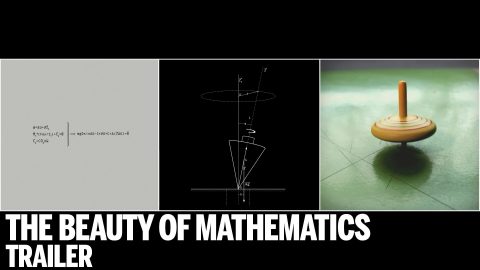For a few people, choosing a course is simple: they have always wanted to be a brain surgeon or a dentist or an engineer. Others tend to choose their third-level options on the basis of the number of points they expect to achieve in the Leaving Certificate, rather than on their particular aptitudes and interests. The result is that a considerable number of students discover that they have started on courses that may be unsuitable to them. For most, however, there is simply a bewildering variety of courses, many of which involve subjects that are not taught in school. So how should you go about choosing a course?

Step 1: Consider your INTERESTS, SKILLS, VALUES, PERSONALITY
This requires the individual to develop a certain degree of self-awareness. This entails asking yourself: What kind of person am I? This process of self-assessment consists of using several instruments in order to uncover your interests, personality type, work related values and skills. It is looking at these things in combination that can help you figure out what courses will be good matches for you, and you could learn something that will surprise you. The greater the overlap between an individual’s interests, aptitudes and personal characteristics and those required by the area of study, the greater the degree of satisfaction when engaged in that area of study. This process will help you decide which course best fits you. If you find the right course at the right college you will be inspired to succeed.
Step 2: Research the courses and the colleges/universities
Make a list of courses to explore and then research each course. The internet, university and college prospectuses, family and friends are your best sources of information and support. Someone who is already studying the course can give you great insight from a student’s perspective. It is important to attend college open days or other career events and make every effort to speak to lecturers, tutors or admissions staff in the colleges you are interested in, as they will facilitate your decision-making. A lot of heartache can be avoided if you take the time to look at the college websites to find out not just which subjects you will be studying on your course but also to find out the content of the individual modules of each subject. In this way you will know exactly what lies ahead of you.
Step 3: Match what you have come to know about yourself (self-assessment) to a course
During this phase of the career planning process you will decide which course is the best fit for you based on what you now know about yourself and the courses you have researched. This will entail looking at the jigsaw pieces of your life to date and putting them together. Considering your interests, hobbies, skills, aptitudes and achievements, both academic and personal, and identifying certain personality traits combined with appropriate course exploration will hold the key to successful course choice.
Step 4: Take action
Complete the initial registration process prior to which you intend to start and create an application. Choosing the right course is a big decision and it is important to get it right as it can impact your future success. If you can manage to get it right it will help you to take the next step in your career journey into the right postgraduate course in a few years.













